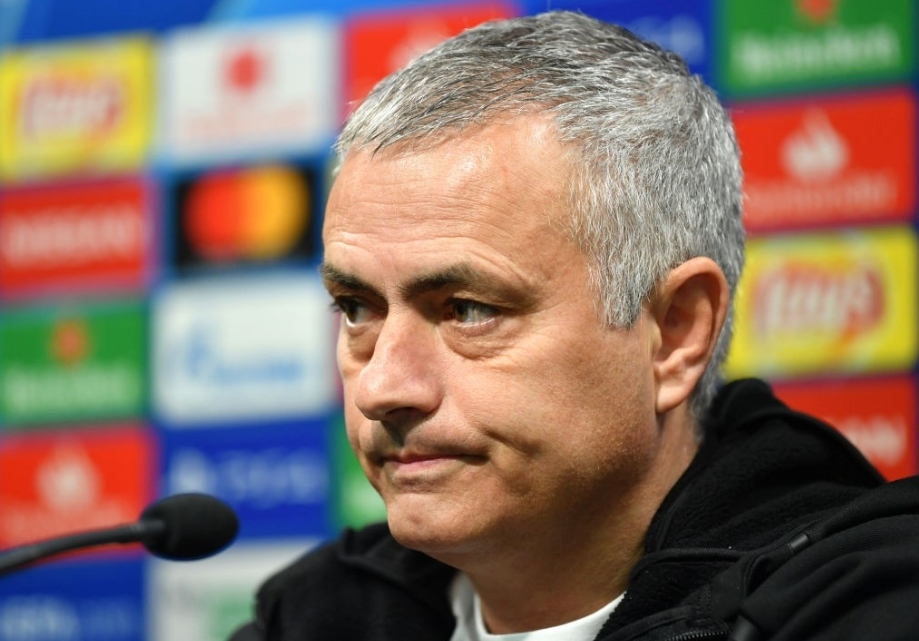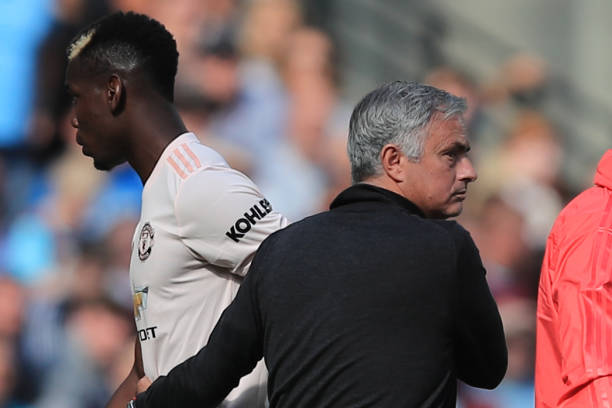 Opinion has always been divided wherever José Mourinho is concerned, once regarded as the meticulous thinker atop of his class just as easily as he was the antithesis of the beautiful game, given his pragmatic ways.
Opinion has always been divided wherever José Mourinho is concerned, once regarded as the meticulous thinker atop of his class just as easily as he was the antithesis of the beautiful game, given his pragmatic ways.
From the perceived level of arrogance, alternatively viewed as the self-confidence central to etching his name in footballing history, the enigmatic Portuguese manager has seen his influence in the game wane in recent years.
In his pomp with a lenghty trophy haul through the last decade, life now sees the 55-year-old collect two reputation-ravaging sackings in just over three years after Manchester United called time on his tenure, this week. As the inquest into his time at Old Trafford begins, we take a look at just where it’s all gone wrong for “The Special One.”
The great appeal behind Mourinho has always been his ability to attract success, a trait demonstrated deep into his days in Portugal, right through to his latest stint in charge of the Red Devils, where he still managed to claim both the League Cup and Europa League trophies in 2017. It’s that sort of success that, within his own fan base at least, the Portuguese boss was able to silence claims of “boring” and “negative” football. To Mourinho, undoubtedly, the more pragmatic way of playing that’s come to attach itself to his image was merely a preference, a counter-argument to more expansive football which should, as any style of play, be cherished and protected. There is, as many people would have it, no right or wrong way to play the game on the night.
What Mourinho has come to find out, however, is that his style often does little to cater for the consumer-induced world of supporters expecting to be entertained each and every time they turn up at the turnstiles or lock in via their television screens. It’s important to remember that sport is entertainment-driven, served to inspire future generations. When you try to install a restricted ethos at the stadium coined as the ‘Theatre of Dreams’, no less, without the success to back your cause up, meanwhile being surrounded by far more expansive managers dominating the top spots in the Premier League, it’s easy to see why it turned so sour within the stands at Man United.
There lies the danger in every defensive or minimalist manager’s game - it’s largely reliant on results and glory. Take the latter away and there’s very little appetite from any club, let alone a well-established commercial brand like United, to deliver something so uninspiring to its paying fans and the world. The fans were vocal with their discontent, as were many former glories of the Red Devils and by the end of it, even one or two unsatisfied stars.
In survival mode, the ever-outspoken Mourinho turned on his tools, from bemoaning a lack of investment from the United board, irrespective of the £400-odd million already spent under his reign, to openly criticising the effort and desire of some of his key men in red. Engulfing himself in a recipe for disaster once more, be it a way of covering his back with excuses, or even aiming to squeeze more out of his players via the means of personal revolt, it seems to be a manoeuvre with little scope for success in this day and age, as Mourinho’s track record proves.
 Other old-school managers in is class, even at a way more muted level, have found themselves struggling and eventually out of the picture in the Premier League. Mark Hughes, Sam Allarydce, Tony Pulis, to name a few; all have been swarmed by the delight towards more father-like figures such as Eddie Howe, Jürgen Klopp, Mauricio Pochettino and beyond, playing in turn a far better brand of football and revealing a very different reality to what football management once required within the confines of a dressing room.
Other old-school managers in is class, even at a way more muted level, have found themselves struggling and eventually out of the picture in the Premier League. Mark Hughes, Sam Allarydce, Tony Pulis, to name a few; all have been swarmed by the delight towards more father-like figures such as Eddie Howe, Jürgen Klopp, Mauricio Pochettino and beyond, playing in turn a far better brand of football and revealing a very different reality to what football management once required within the confines of a dressing room.
Mourinho, of course, spills over from an era of hard-line managing, present as far as his former home under Sir Alex Ferguson with countless ‘hairdryer’ treatments and flying boots - ways that once served to fill his players with immeasurable confidence, productive anger and hunger through the good times that Porto and Inter Milan’s 2010 treble-winning side can testify in favour of.
Attempt to provoke a positive reaction out of a player in times of need and it just won’t have the same blanket effect as it did 15-20 years ago, however, yet Mourinho tends to find himself doing even worse each time, trading his slim dressing room-sized audience for that of the big world of football, via the media, to air out his player-directed critiques. Destructive words that often add greater pressure onto a player’s back and, in turn, doesn’t bode well with how susceptible they already are to negativity on social media. Some personalities may even rise to the challenge inadvertently set by their managers, but many more regress in discontent, or more worryingly, in a time where we all recognise depression in football as an issue, see their confidence shrink. This is not the role of person designed to get the best out of a group of players, yet it’s a refuge Mourinho has turned to each time during dire moments of his career before losing his job, as he continues to prioritse his own personal reputation above all else and showing little care for tailored man-management. It's counter-production in its purest form.
Where this latest Old Trafford debacle leaves the 55-year-old in the footballing panorama remains to be seen. From a personal perspective, Mourinho may well be itching to get back out amongst the elite, with interesting opportunities to restore some pride potentially just over the horizon. Former club Real Madrid are faltering in Spain, Niko Kovac’s Bayern Munich could be set to surrender their six-year Bundesliga dominance to Borussia Dortmund, meanwhile over in Milan, another ex-club in the form of Inter have also began to show signs of struggles.
What his reputation craves is for the same level of grappling success achieved at Porto, Chelsea and Inter to overwrite his recent shortcomings, but what it may demand is for him to place his unfinished business on ice in order to dedicate some time to reflect on the years gone by. Reinvent himself. Mourinho’s second spell with the Blues saw his team downsize from Premier League champions to bottom-half drifters in just a matter of months in 2015, whereas this season, Man United's defence has been ranked alongside the worst of outfits for goals conceded, despite the Sir Bobby Robson understudy’s strong affinity with a structured style.
Rare were the games that the United fan base didn’t seethe at toothless attacking performances, void of any apparent method to achieve what they’d been so accustomed to seeing in the final third. The adaptations are plenty, both on and off the pitch, for the Portuguese manager to adhere to. Failure to do so may only prolong the constant paranoia, frustration and anger that has recently seen a once cerebral character panic and combust in the eyes of an ever-evolving world of football.
By Patrick Ribeiro